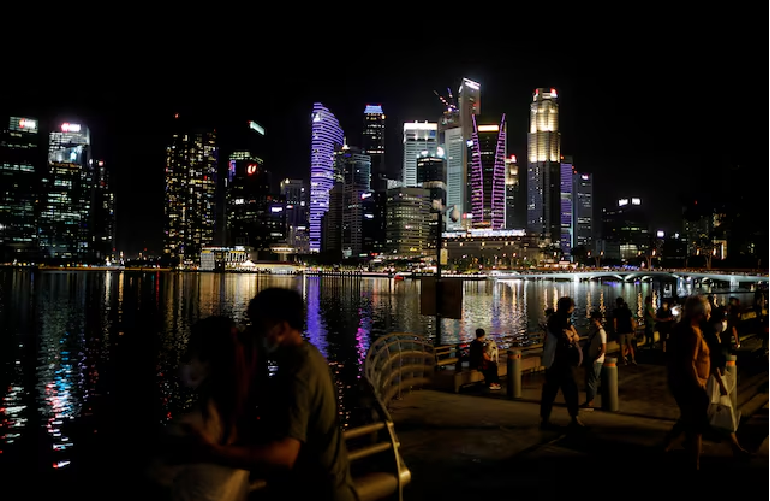Singapore's Economic Development Board said geopolitical and economic uncertainties would pose challenges in 2025 as it reported on Thursday a rise in investment commitments in the city-state last year.
Fixed asset investment (FAI) commitments rose by S$0.8 billion to S$13.5 billion ($10.0 billion), while total business expenditure (TBE) commitments fell by S$0.5 billion to S$8.4 billion, the EDB said in a statement.
The manufacturing sector accounted for S$11.1 billion of the FAI commitments, led by investments in semiconductors and biomedical manufacturing, while TBE investment was driven by investment in headquarters and professional services.
"We anticipate significant headwinds from geopolitical and macroeconomic uncertainty," the EDB said of the investment environment this year.
"Protectionist policies stemming from economic nationalism and trade frictions will weigh on companies' investment decisions."
The EBD said artificial intelligence was a growth area last year for investment, including through industry partnerships with Oracle and Amazon that will help train the local workforce in generative AI.
EDB Chairman Png Cheong Boon told a media briefing that Singapore's strategy was to remain nimble and diversify its sources of investment, both in terms of sectors and countries. "That way, if there are restrictions on one market by one source or one product, then others will compensate for it and that will allow us to ensure that the industry continues to grow," he said.
The EDB said as the 2024 investment commitments are realised over the coming five years, they were expected to create 18,700 jobs.
Singapore would also benefit from its position in Asia, the EDB said, with the regional economy is projected to grow to around 60% of global GDP by 2030 from about 50% currently.




















































